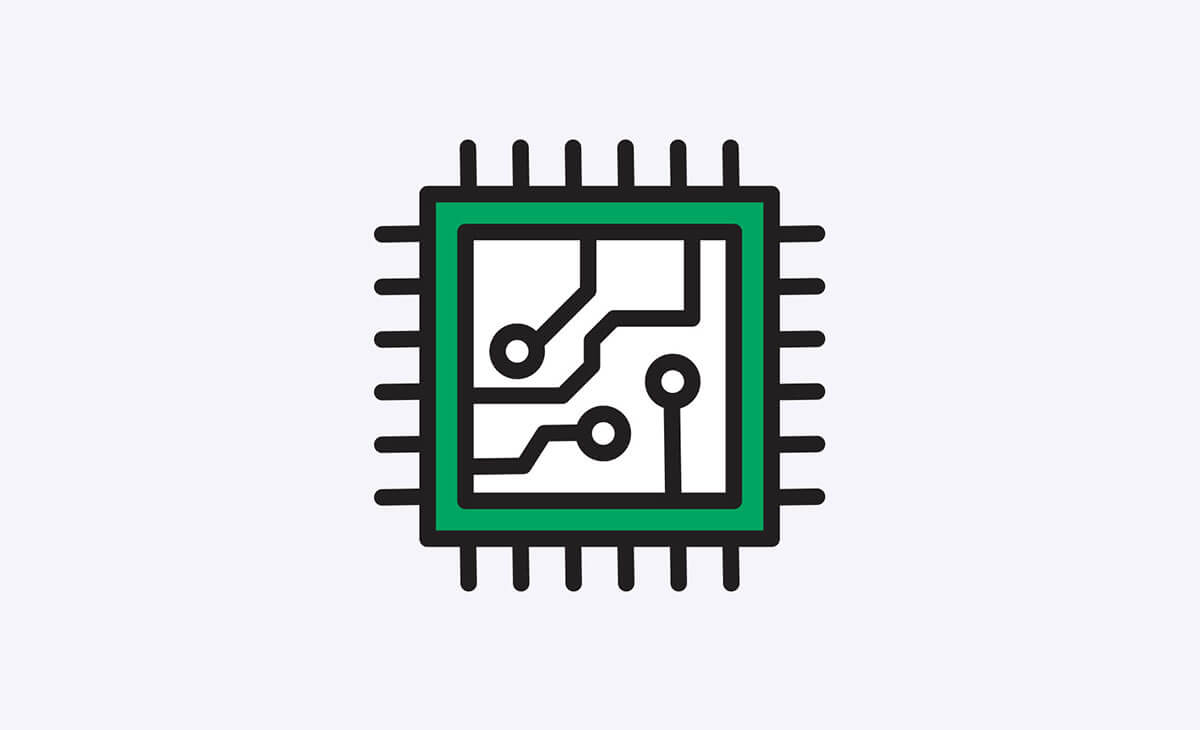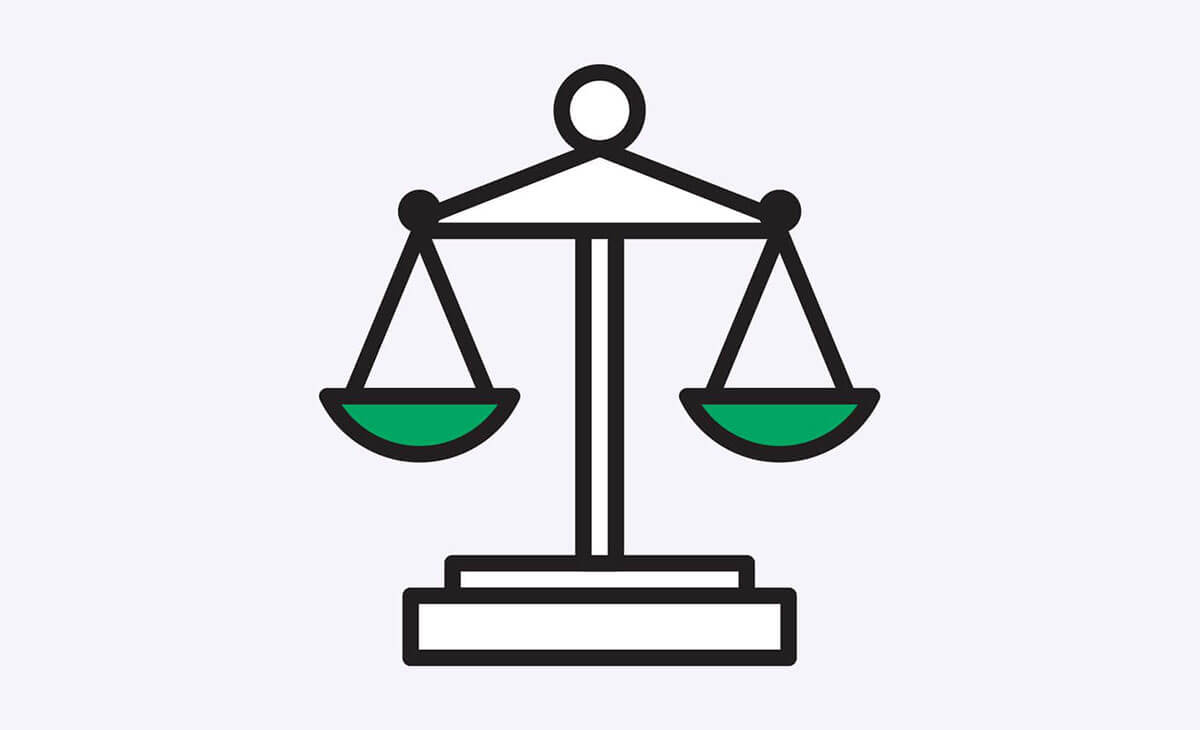The New York Times recently ran an article on Narrative Science, a Chicago company that
Transforms data into high-quality editorial content. Our technology application generates news stories, industry reports, headlines and more — at scale and without human authoring or editing. Narratives can be created from almost any data set, be it numbers or text, structured or unstructured.
According to the Times, early article-writing software created articles that “read as if a machine wrote them.” Narrative Science’s articles are different:
“I thought it was magic,” says Roger Lee, a general partner of Battery Ventures, which led a $6 million investment in the company earlier this year. “It’s as if a human wrote it.”
The quality level of Narrative Solutions' articles is so high that the Times discussed the timeline to a software-written article someday perhaps winning a Pulitzer Prize.
Narrative Science does not appear to be trying to replace human journalists but rather to help do “things that are not being done otherwise” and explore data in greater depth than can easily be done by humans. The software is also cheaper for users:
Hanley Wood pays Narrative Science less than $10 for each article of about 500 words — and the price will very likely decline over time. Even at $10, the cost is far less, by industry estimates, than the average cost per article of local online news ventures like AOL’s Patch or answer sites, like those run by Demand Media.
Why Lawyers Should Care
Narrative Solutions' story is important for lawyers. As with many tasks currently done by lawyers, writing articles seems like something that people have to do. But Narrative Solutions shows that software can be surprisingly powerful. As we have previously discussed, many Biglaw junior associate tasks are especially appropriate for automation. We are not as familiar with other areas of law practice beyond Biglaw, but suspect that there is also much there that could be better done by software. As Marc Andreessen put it in a very worth reading Wall Street Journal piece, “Software is eating the world.” Law industry thinker Richard Susskind writes
I predict that the third phase, from 2016 onwards, will involve great uptake of information technology across the profession, such as automated production of documents and intelligent e-discovery systems – these are applications that will be staggeringly less costly than even the lowest-paid lawyers.
More and more powerful software is coming to law practice.
Why This is Good For Lawyers Who Embrace Change
Some lawyers may be scared by software that does what they do. And, that, in some cases, does it faster, better, and cheaper than they can. But efficiency-enhancing software can be exciting for lawyers who embrace it:
- Many of the tasks that will be automated through software are repetitive, high volume tasks. While it can be critical that they be done right (e.g., e-discovery, due diligence, signature pages), they are often not intellectually interesting for lawyers who have to do them. Having software take on less complex tasks means lawyers can focus on more stimulating work.
- They will be able to get their work done faster and better.
- They will be provide their clients with better-value work, with lower-end tasks done by software as opposed to over-$300 hour junior associates. Clients who think they are getting better value will be happier.
- Law firms can increase profits by being more efficient.

